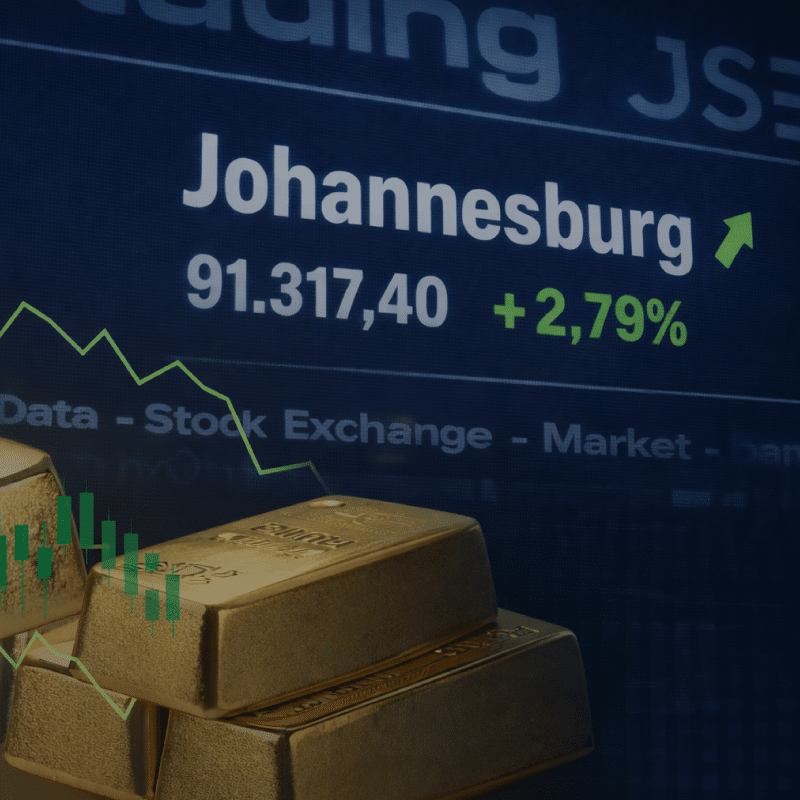Global markets put a tough September behind them, bouncing back strongly in October with developed market (DM) stocks (MSCI World +5.7% MoM) recording their best month since the announcement of effective COVID-19 vaccinations in November last year. US 3Q21 earnings announcements showed companies still earning strongly. More than half of S&P 500 companies had reported 3Q21 earnings by the end of October with their earnings up c. 40% YoY in aggregate – c. 10% ahead of expectations. The month started poorly for the large-cap US tech companies with some of the apps experiencing worldwide outages and sentiment turned more negative when Snap’s earnings showed a large slowdown in advertising as many companies cut advertising spend as supply chains left them unable to market their wares. Ultimately, the large-cap tech groups’ earnings reassured investors and the NYSE FANG+ Index ended the month 10% higher.
Tesla was a standout performer (+44% MoM), with its results exceeding expectations as it announced record margins and better-than-expected volumes, having thus far negotiated the global chip shortage with aplomb. US energy stocks were the other standout performers in October, up over 10% MoM with the help of an 8% MoM rally in the price of Brent crude oil. As the prospect of an abnormally cold Northern Hemisphere winter left Europe and China scrambling for energy materials, a meeting of OPEC+ decided to stick with their plans for a very moderate 400mn barrel per day increase in crude oil supply despite increasing demand.
Emerging market (EM) stocks fared far worse than their DM peers (MSCI EM +1% MoM). The Nasdaq Golden Dragon Index of US-listed Chinese stocks had lost one-third of its value in the first nine months of the year but bounced in October as Chinese tech heavyweights, Alibaba, JD.com, and Tencent rallied by 11.4%, 8.4%, and 4.3% MoM, respectively. Unfortunately, the strong performance from these Chinese stocks was offset by a dismal month for Brazilian shares (Bovespa -7% MoM), which suffered as President Jair Bolsonaro proposed lifting government spending caps to fund welfare spending with the Brazilian economy already under pressure from double-digit inflation. The Brazilian real was a casualty of potentially irresponsible fiscal management, falling by 3.4% MoM. The Turkish lira (-7.5% MoM) was another casualty of political interference as President Recep Tayyip Erdoğan fired three central bankers standing in the way of his unorthodox plan to cut interest rates to stave off inflationary challenges.
The US avoided the prospect of a technical default by shifting their debt ceiling problem to December, but strong economic data, particularly better-than-expected retail spending, kept the prospect of imminent monetary policy normalisation very much on the cards, and US 10-year government bond yields crept higher, ending the month at 1.55% (having reached 1.7% during the month). Inflationary fears are also still lingering, with the most recent US core inflation data coming in in line with expectations (4% YoY) – double the US Federal Reserve’s (Fed’s) 2% target rate.




